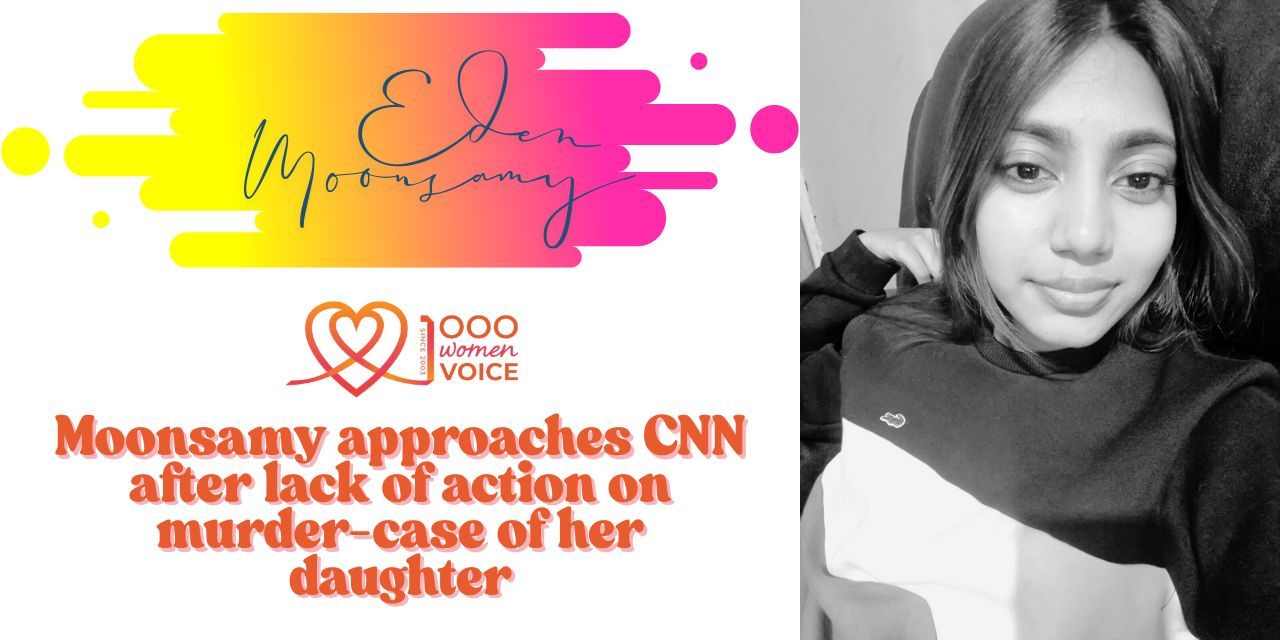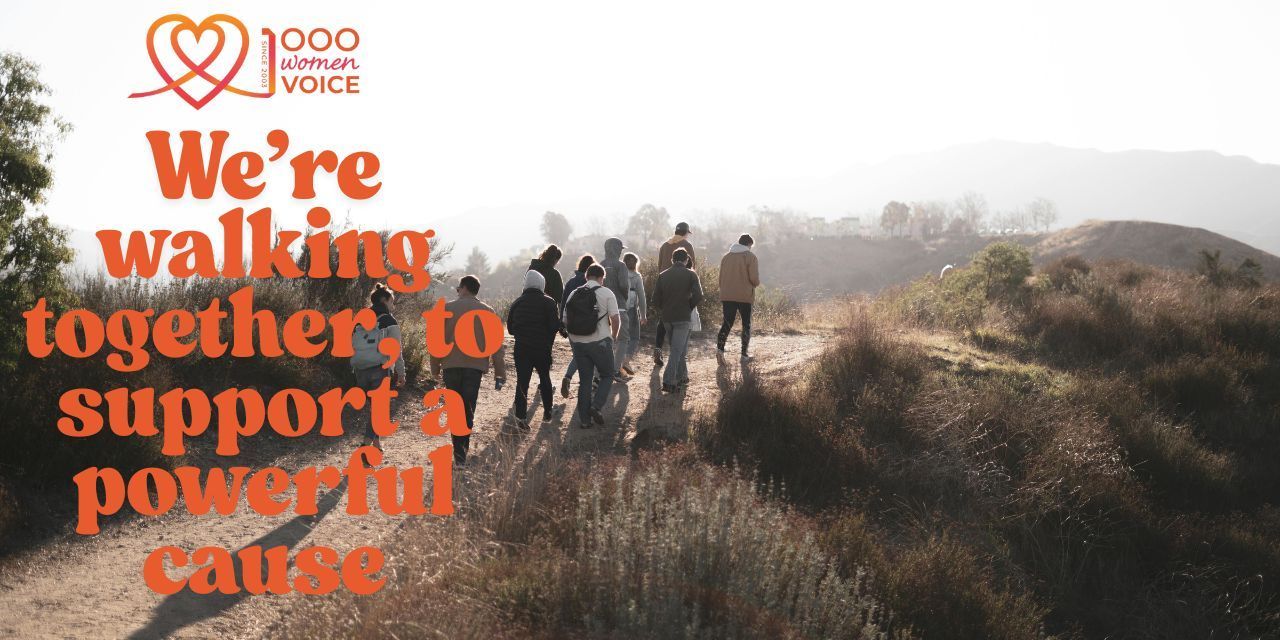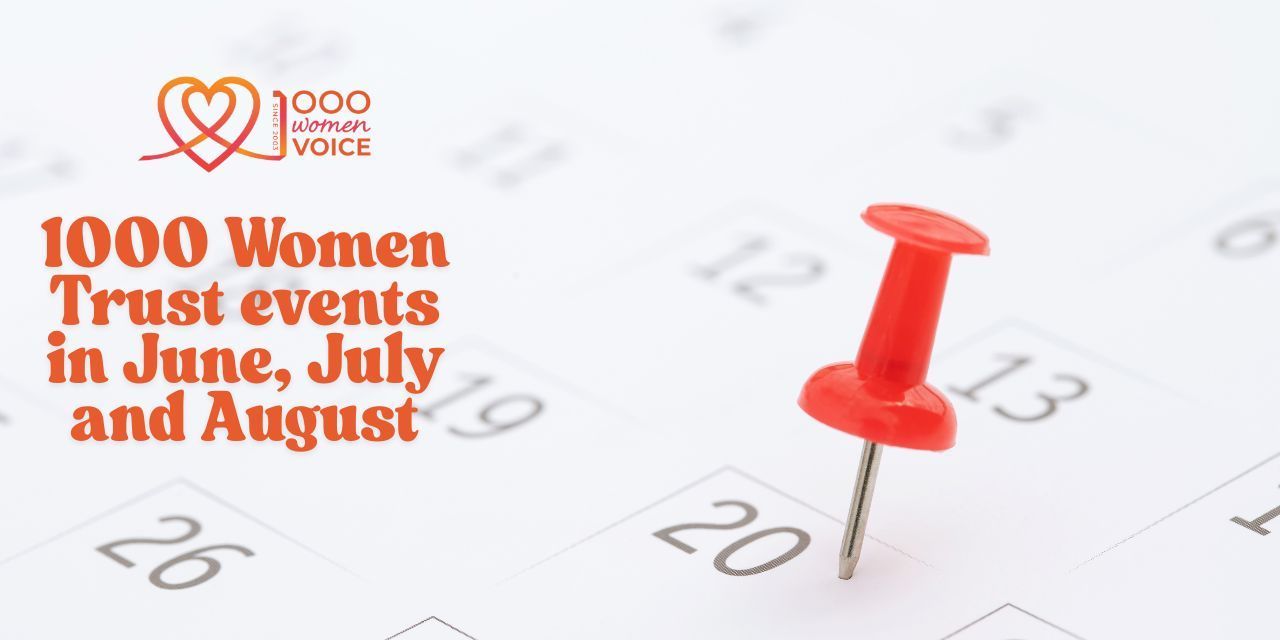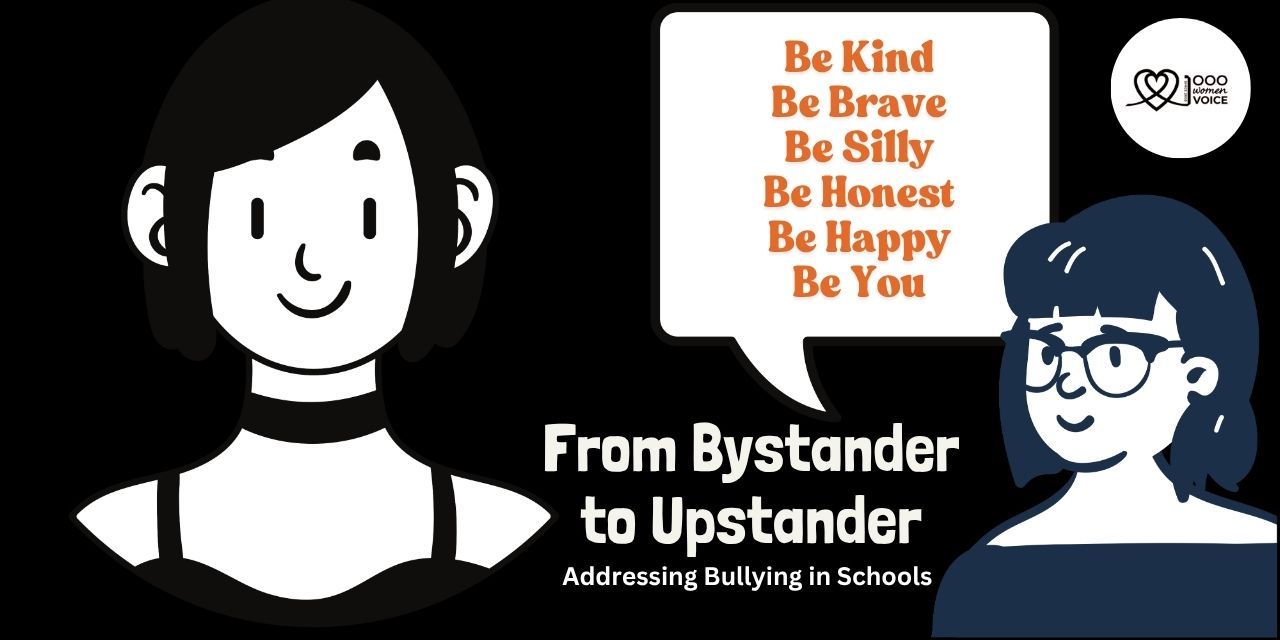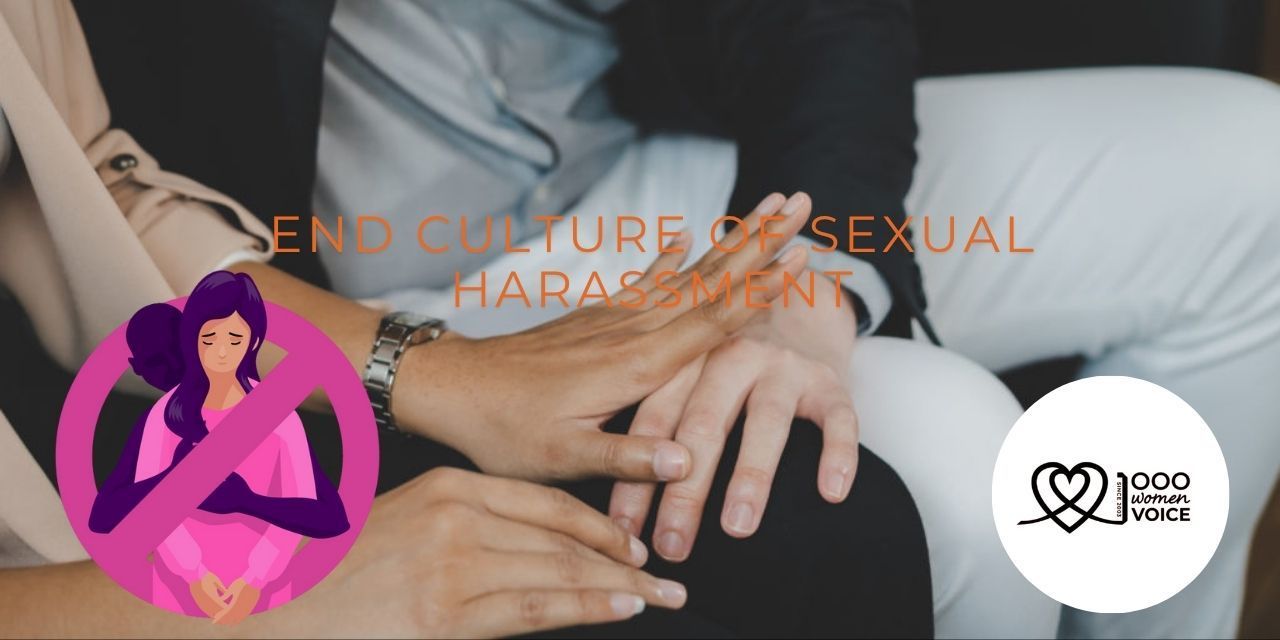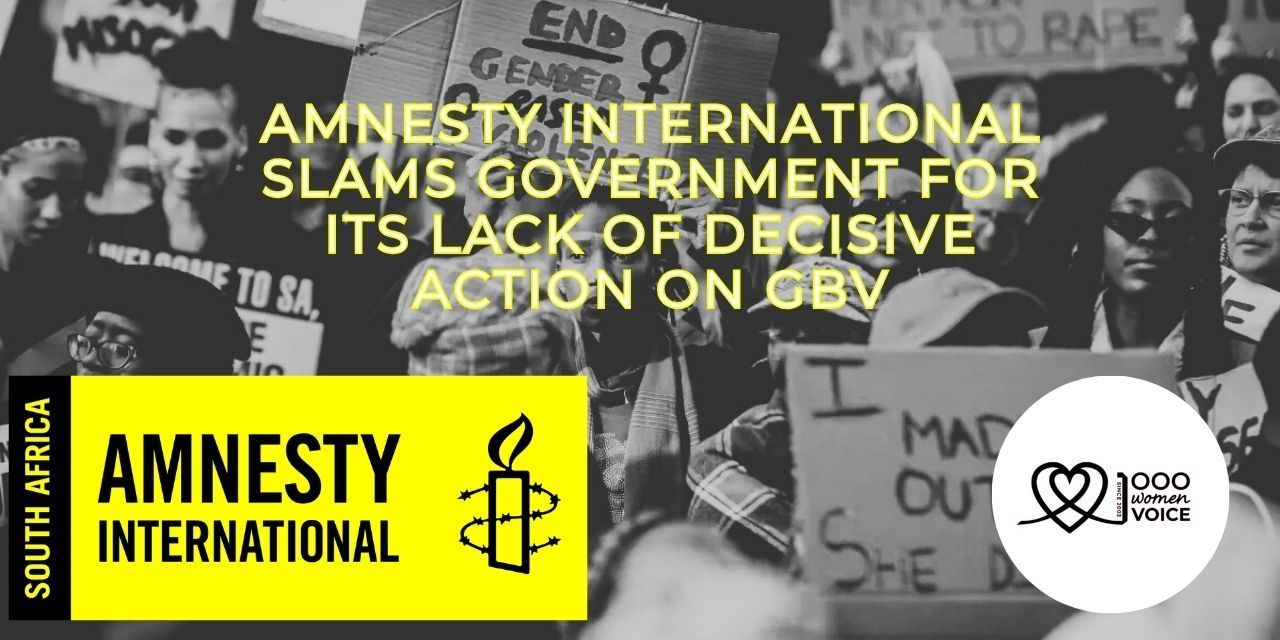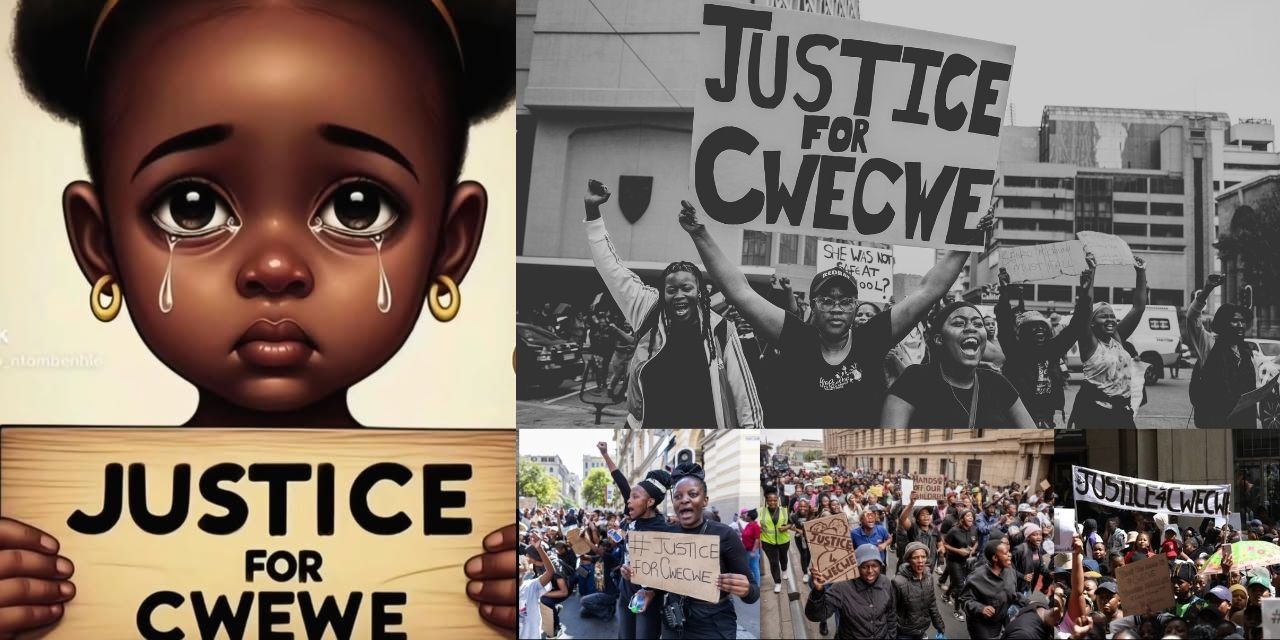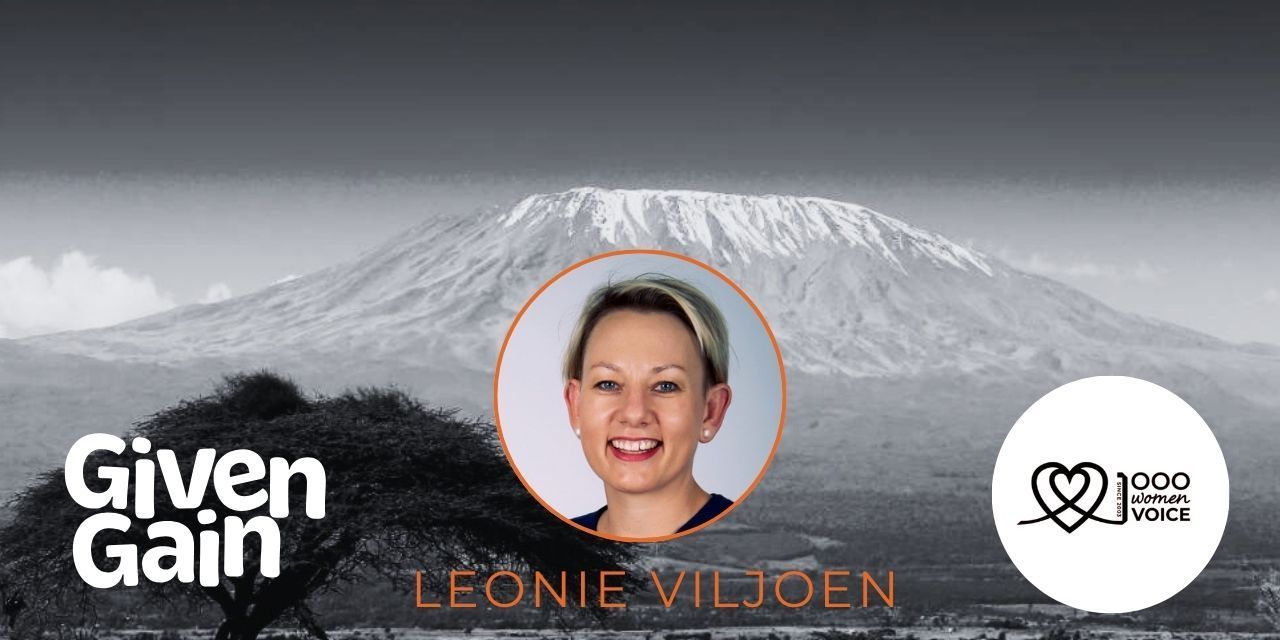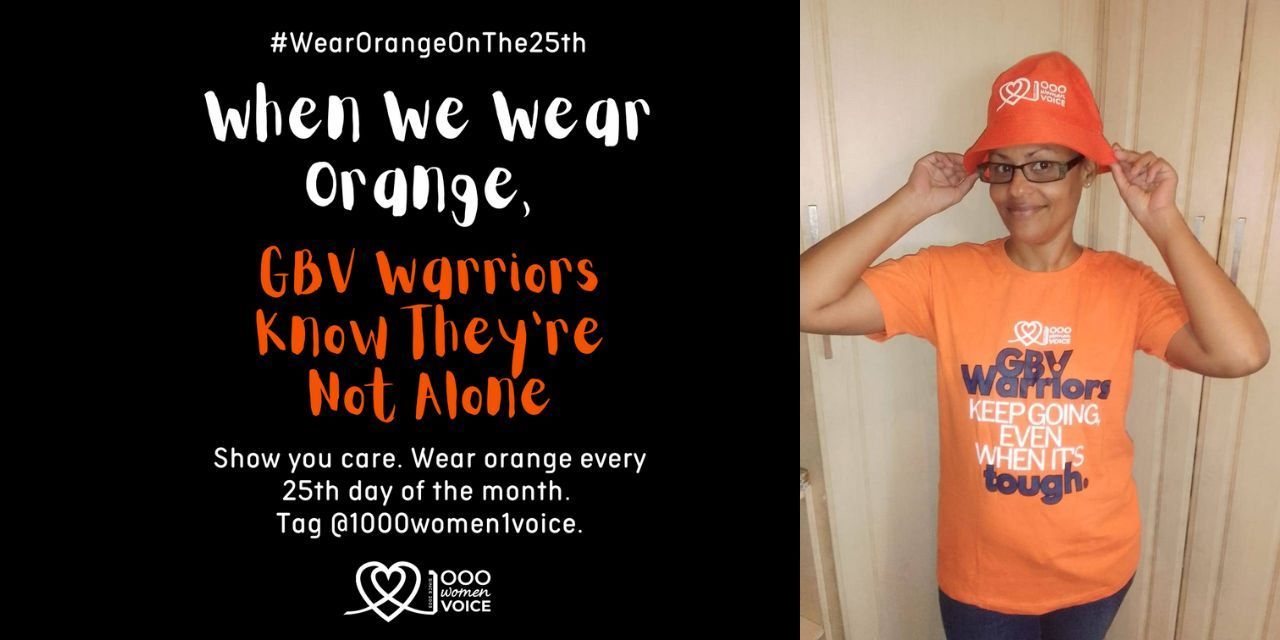Lack of technology, abuse by communities main challenges discussed at #HearMeToo-sessions
CAPE TOWN. – A lack of basic technology, the total absence of empathetic support by community members, the depiction of men as the head and of the woman as the neck, and the economic dependency of women on men as breadwinners dominated many discussions at the #HearMeToo -sessions of 1000 Women Trust the past month.
Late in 2020, 1000 Women Trust joined a network of organizations led by the Nottingham School of Business as they embarked on a campaign to explore digital technology and the role it might play to address gender-based violence in South Africa. The campaign is called WE DARE , acronym for Women’s Equality: Digital Access and the Right to Expression.
The WE DARE project is led by Professor Mollie Painter and the Nottingham Business School team.
1000 Women Trust is a network partner of the Nottingham Business School and ran 40 community focus groups and #HearMeToo -sessions to ascertain what the barriers are for women to use existing technology in addressing gender-based violence in the communities.
The 1000 Women Trust is a women’s organisation that aims to raise awareness around gender-based violence, rape and abuse and mobilises resources to empower and inspire women who are victims of gender-based violence.
Women from vulnerable communities that formed part of the focus groups of 1000 Women Trust, mainly use Whatsapp to access support and connect with others for issues around gender-based violence. A very small proportion of the women reported using an app, and a majority didn’t use technology at all and had not heard of the any of the helplines that have been advertised online. A small handful of the women used the internet, said Tina Thiart, trustee of 1000 Women Trust.
Phoshollo Phasha, facilitator of #HearMeToo-sessions in the Burgersfort-area in Limpopo, is a small-business entrepreneur who also sells branded clothing called W.O.R.M.S (Work Out Realistic Magical Success).
Phasha conducted two #HearMeToo-sessions, with 25 attendants on one occasion and 50 at her last session.
She discussed gender-based violence with the women and the youths.
The women and the youths readily shared their own stories of being subjected to violence, and how they are recovering after the assaults.
She detected multiple challenges that the survivors face when dealing with domestic violence.
Many of the women were unaware of the fact that there was a shelter in the area where they could receive help.
They did not know of an app on the cell phone called Siza with which they could share their exact location when they are endangered.
At the #HearMeToo-sessions, they were also told about hotlines and emergency numbers that they can call in order to receive assistance. They did not know about these numbers beforehand.
Phasha pointed to the fact that most of the youths and the women simply did not have cell phones, or there might not be a signal in their area, or they did not have enough data or airtime when it was needed to report a crime committed against them.
That is due to the high rate of unemployment in the Burgersfort-area, she said.
Another factor is the pressure by the communities and families on women who are survivors of gender-based violence.
“Many women grow up with family members telling them that men are the head and that women are the neck, which means you cannot do anything without using the head.
“When women who are sexually abused by an uncle, want to report it, they are told that they might ruin the family, or taint the family name, and that they should not do it,” Phasha explained.
“So many women are told just to keep quiet.
“They also feel intimidated when they approach a court which is headed by men.”
A lack of motivation by women to study and finish their school career, also undermines their well-being.
It happens that young women are told not to study after school, because they are told they don’t need it. There are many mines around the area, and young women reason that they can marry and have children and their husbands will look after them and provide for them.
Because of this economical dependence, they are often stuck in abusive relationships with men who provide financially, but don’t care about their well-being.
There are cases of teens of 16 years of age who marries older men who provide for them, and they simply tolerate the abuse, said Phasha.
Recently, her own computer was stolen, and she hopes to replace it and start an internet café as an empowerment hub for young job-seekers in order for them to get out of the spiral of gender-based violence.
Davina Cloete conducted two #HearMeToo-sessions at Lutzville which was attended by 45 women and youths.
Gender-based violence in the area of Lutzville is rampant and it is incredibly challenging for survivors of the abuse to successfully seek assistance.
Almost no-one amongst survivors have a cell phone as most are seasonal workers labouring on farms whose primary focus is to buy food to survive.
But when they try and report gender-based violence, they are perennially told by police that they need to acquire an interdict against their husband or boyfriend.
Or they are turned away by police who verbally abuse them by telling them that they smell or that they are “old maids”, Cloete said.
In most of the cases that make it to court, there are no or little prosecution of the alleged perpetrators.
The community sometimes exacerbates the problem, because they will abuse the woman who reports sexual abuse.
“A few Saturdays ago, a girl of 15 years or age was raped, and some of the women in the community shouted at her, asking her why she had been drinking,” Cloete said.
Such is the magnitude of gender-based violence and sexual abuse that the government appointed Advocate Lesley Morris to investigate the matter, but Cloete said she really struggled to get hold of him, and he is nowhere to be seen.
Five women were the victims of femicide during the lockdown, another example of the challenges faced by people in the Lutzville- and Vredendal-area.
Because they don’t have access to technology due to economic constraints, women have to travel about 25 km between Lutzville and Vredendal to report a case of sexual abuse and other forms of gender-based violence to the police. But they have to pay R80 for a taxi-ride in order to report the case.
Ultimately, many women who struggle financially, find themselves locked up in an abusive relationship with a man and almost every weekend, scores of them are beaten up, with little chance of their abuse being reported successfully to a police station, Cloete added.
Jasmina Samuels facilitated three #HearMeToo-sessions in Saldana and discussed all forms of gender-based violence with the attendants.
They spoke at length about domestic violence, rape, gender equality, the parent-child-relationship, abuse of senior citizens, and alcohol abuse.
“Gender-based violence is a massive problem, because many women are abused by their husbands and do not report the violence because they don’t work and are dependent on their husbands or partners. And unemployment is a big challenge in the community,” Samuels says.
Generally, the women who are abused don’t have access to cell phones or any other technological devices, simply because they don’t have the means to buy phones.
So they either contacted the police or visited her to complain about the domestic violence.
She had many, many cases of women who woke her up in the middle of the night, and then she physically went to the home of the abuser afterwards and spoke to him about the assault on his wife. Because she is a co-pastor of the House of David-church and is widely respected, her words had an impact on the men and they were willing to change their violent ways.
But due to the COVID 19 pandemic and the restrictions on movements, she had less women contacting her in 2020 and 2021, Samuels said.
Vanessa Nelson is the founder of the NPO Hope for the Future that is affiliated to 1000 Women Trust.
Nelson facilitated two #HearMeToo-sessions in Heideveld in April 2021. Both of these sessions were intense, emotional and ran for almost five hours each.
“We created a safe space where women could share their stories of being survivors of gender-based violence and almost 99 % of them suffered physical, emotional, psychological and economical abuse.
“In the Heideveld-area this domestic abuse in all its forms are rampant.
“What was evident during the sessions, were that at least 60 % of the attendants did not have the cell phones or any form of technology to report their abuse,” Nelson said.
As chairperson of the Heideveld residential association she liaises with police on a platform once a month, and this improves the ability of abused women to report gender-based violence to the police.
The demand for regular #HearMeToo-sessions in Heideveld and Blikkiesdorp are so high that she needs to conduct sessions twice a month in the future.
The reason for the gender-based violence is an attitude prevalent amongst men that women belong to them and are their possession and that they can do with women what they want, Nelson said.
She advocates the importance during the sessions that women are independent and have a voice.
“I tell them that they are bold and must speak out, tell their stories and count on the support of other women,” Nelson said.
She also shares her own story of abuse during the #HearMeToo-sessions to serve as an inspiration to other women.
She said her recovery from gender-based violence perpetrated by her second husband started when she share her own story on Facebook in 2018. Her husband learned about this and was annoyed and turned to heavy drinking. He also attacked her verbally.
But when the second pandemic of gender-based violence went viral on social media and on TV in 2019, she confronted her husband and told him that he is part of the statistics of people who are perpetrators of gender-based violence.
She also told him that she loved him, but that his violence are pushing his family away.
He was never willing to admit that he was a problem and was a narcissist who always said she was guilty.
Because of that confrontation in which she exposed him as a statistic perpetrating violence, he was stunned and he changed his ways.
His mind-set was transformed, and he has stopped all forms of abuse.
“My marriage is in a new space, and we never thought we would be this happy,” she said.
Nelson is also inspiring other women to become independent and to share their stories of survival and being overcomers.
One of these women is her sister, who was subjected to domestic violence for 24 years.
Her next challenge is to find a venue in Heideveld to organize #HearMeToo-sessions for about 60 young women who are in need of counselling, she said.
For more information, visit www.1000women.co.za , www.bullying.co.za or www.maketime.org.za
If you wish to contact 1000 Women Trust, phone 0614690479
